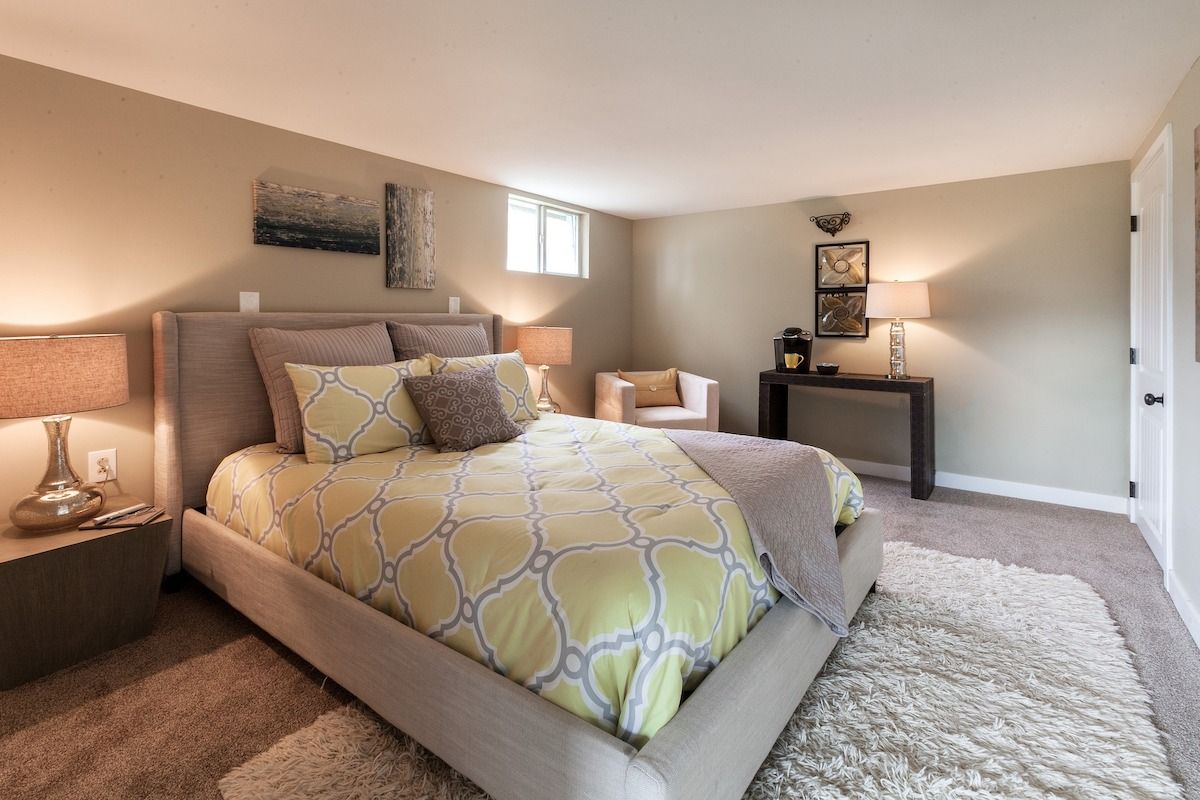For many St. Louis homeowners, finishing a basement can be the ultimate goal. It is a chance to add more living space to your home and it allows you the chance to design a room from the ground up. The possibilities are endless and can frequently feel overwhelming, especially if you’re dealing with it for the very first time.
If finishing your basement is your next project, but aren’t quite sure where to begin, here are some helpful tips for you. Listed are some do’s and don’ts you will need to understand to be able tackle this project from start to finish. This list of tips can be used as a guide to creating the ultimate space that not only works, but is beneficial for you and your family.
1) Think about utility first
Bear in mind that even though you will be taking your basement to the next level, it still needs to be an extremely utilitarian area. Whether you presently use the area for storage, a laundry room, a home office or some combination of all three, you will want your new layout to boost that functionality rather than take away from it.
As you consider your new design, there are 3 essential rules to remember. They are:
-Wall off any locations that need additional privacy.
-Leave the location around your water heater unfinished in case of leaks.
-Keep your plumbing in place whenever possible to reduce cost.
Beyond that, the sky is the limit. Prior to getting started, think about all the ways you’re hoping to use your finished basement. Maybe you have actually been thinking about adding a guest bedroom or another half bath or maybe there’s some under-utilized space that can be used in a new way.
2) Don’t minimize aesthetics
Finished basements usually have ended up having nothing on the walls and all the leftover, mismatched furniture ends up there. This doesn’t have to be! If you are going to spend money, plus the time and energy to finish a basement, care should be given to decorating it like any other area in your home.
Color can do a lot to unify a space. Think about utilizing one cohesive color scheme throughout every part of the room. Then use a comparable shade through all of your furnishings and cohesive colors throughout your accessories.
Carefully picked accessories can do a lot to finish off a space. Make sure to include enough artwork, pillows, throws and décor elements until you feel your brand-new basement is welcoming and comfortable.
3) Master the art of open-concept spaces
The majority of finished basements tend to involve some sort of open-concept arrangement. With that in mind, it’s vital to know how to design these areas in the right manner.
Start by creating distinct areas based on how you wish to utilize the space. These distinct areas could include a TV area, a pool table or gaming area, a dining spot, or a play area for the kids. Regardless of which area you are designing, make sure each area has its own lighting, whether from above or using lamps. An area rug will help distinguish that space, too.
Then, be sure to leave open space in between each area you have created. This ensures there is space to walk around, and it will also help to visually separate these areas so the room doesn’t appear crowded.
4) Don’t miscalculate the construction
Finishing a basement is different from other remodel projects because you are starting from scratch. While that does offer you more opportunity to personalize the area as you like, there is also more up front work that needs to be done to guarantee it stays warm and dry.
Unless you have a true background in construction, this is one project where hiring a contractor is the best way to go. Fortifying any foundation cracks and framing around your existing ductwork are projects best left to the pros. Nobody wants to see their effort ruined by a rainstorm or freezing temperatures.
Prior to signing any agreements, ensure that the construction company you hire has the ability to handle your specific needs. Choose a company that is familiar with the permits and zoning guidelines in St. Louis and, if possible, bring in specialists to manage any required plumbing and electrical work.
If you need a little aid sorting out your strategies for completing your basement, these tips will help.
